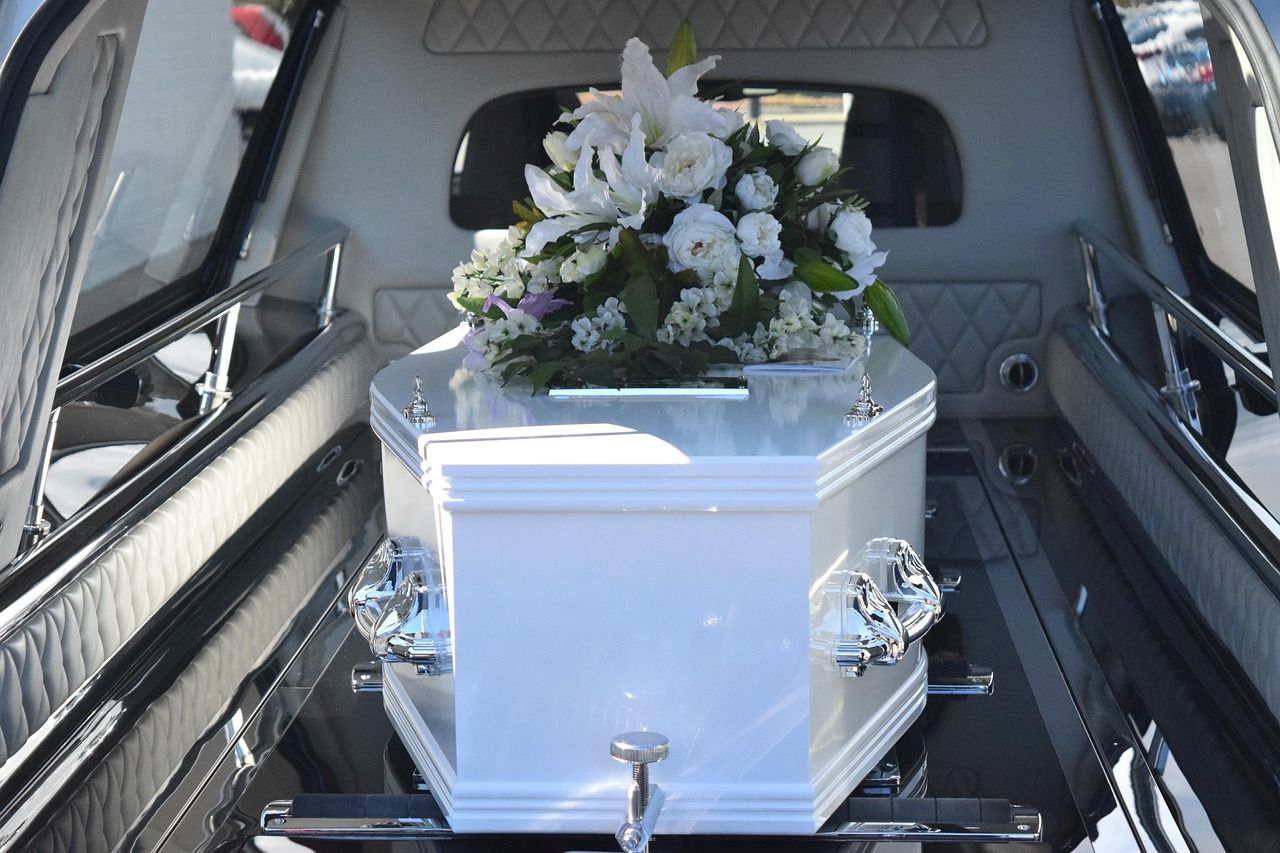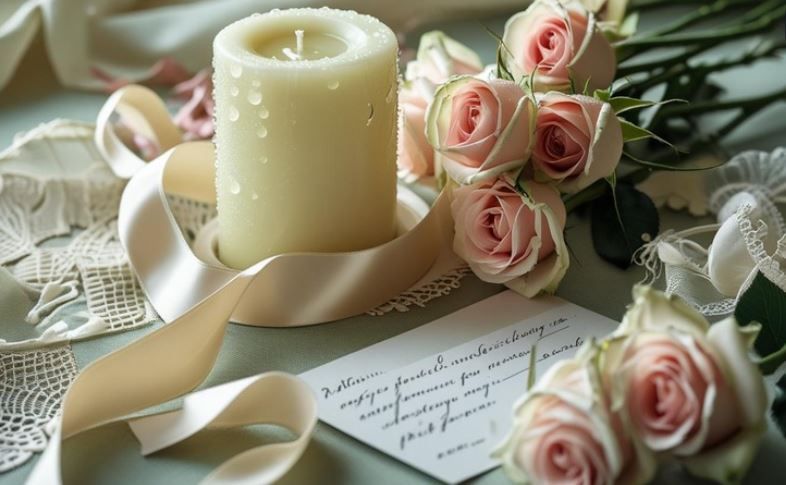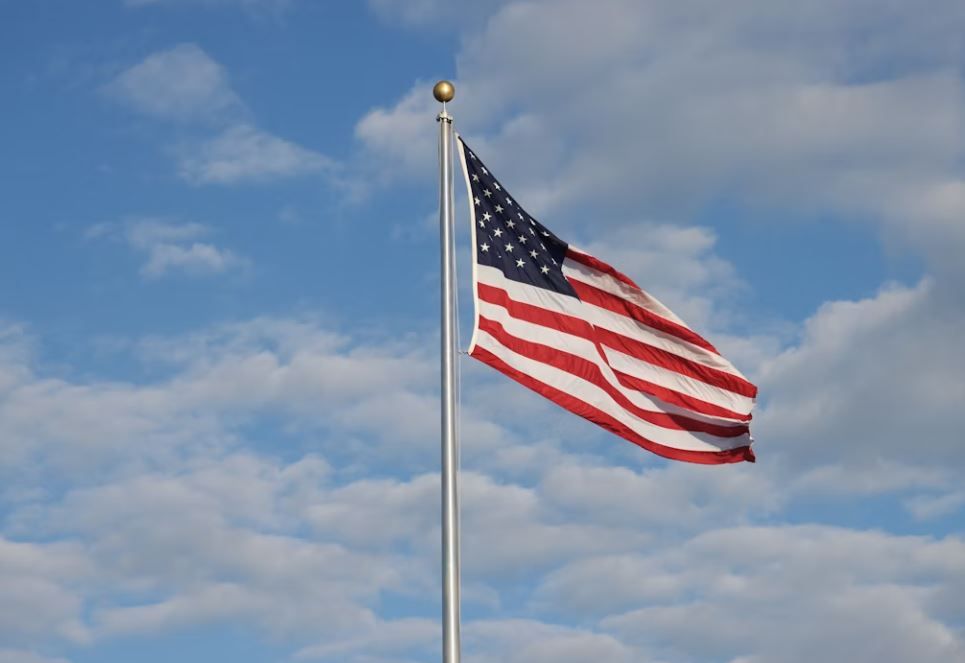Difference Between Caskets and Coffins for a Funeral
Both coffins and caskets are used as burial vessels to retain the body or ashes of the deceased. A way to distinguish between the two is by the look and need.

When it comes to funeral homes in Glendale, AZ, we are frequently asked the difference between a coffin and a casket. What then are the differences? The most apparent method to distinguish between a coffin and a casket is by their appearance. Coffins are not only shaped differently from their casket counterparts, but they also have different sizes. The number of sides on a coffin is also different from that on a casket.
The option to utilize a coffin or casket in the burial of a loved one is primarily up to the discretion of the family members attending the service. Only a few families choose coffins because their designs are less eye-catching, and finding suppliers can be time-consuming.
What Exactly are Caskets?
Caskets are specific containers used to hold the remains of the deceased. Caskets are rectangular in design, and rails are installed alongside them to support them during transportation. Caskets can be used for both burial and cremation services. The material used to make a casket can identify the type of casket. The majority of caskets are composed of wood or metal, and Caskets are lined with fabric once they have been created to ensure that the deceased can rest in peace.
What are Coffins?
In contrast to caskets, Coffins feature six sides rather than four instead of caskets. In addition, the top of the coffin is wider than the bottom of the coffin. Constructed to fit the corpse's shape, coffins are a standard burial option. In addition, a coffin has a removable lid, whereas caskets have covers that are hinged.
Coffins are typically composed of wood, with their interiors lined with cloth to protect the deceased's body.
The Price Distinction Between Caskets and Coffins
The cost of a coffin and a casket might differ significantly depending on the source.
Cost of Coffins
Basic coffins are cost between $800 and $1,500 and are built of plywood or medium-density fiberboard. The lids of these coffins are usually flat, and the handles are plastic. Mid-range coffins, which cost between $2,000 and $4,000, feature more detail and craftsmanship. Metal handles, a tiered lid, a varnish finish, and additional intricacy are frequently seen in their construction.
Cost of Caskets
Caskets are more costly than coffins because they are lined with more excellent material and have extra elements such as pillows and interior trimmings that are not included with coffins. If you want to include a viewing as part of the funeral arrangements, you can choose a casket with two lid tops, which will enable the viewing to take place.
Depending on your customization, if you're planning a funeral and would like a casket, the cost can range from $2,000 to $15,000. You might expect to pay upwards of $6,000 for a casket with more intricate embellishments. These high-end solutions are typically highly customizable to meet specific needs.
For all of your funeral needs, you can call funeral homes in Glendale, AZ. They’re some of the most prominent funeral homes in Arizona.















